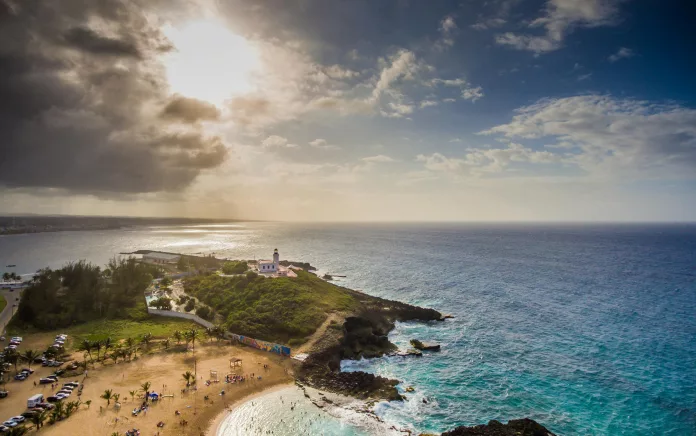A groundbreaking report, known as the PR100 Study, has been released jointly by the U.S. Department of Energy (DOE) and the Federal Emergency Management Agency (FEMA), catalyzing Puerto Rico’s journey toward a renewable future. The findings reveal a clear pathway for Puerto Rico to fully transition to renewable energy by 2050, aligning with broader initiatives to support low-income households in their quest for clean, reliable power.
An Ambitious Goal: 100% Renewable Energy by 2050
Based on two years of rigorous research and community engagement, the PR100 Study confirms Puerto Rico’s capability to generate all of its electricity from renewable sources within the next three decades. The research highlights achievable strategies and emphasizes the pivotal role of combining grid stabilization with locally distributed energy resources. These findings serve as a guiding light to a greener and more resilient Puerto Rico.
Empowering Communities with Programa Acceso Solar
In an immediate response to the PR100 Study, DOE has announced the commencement of the Programa Acceso Solar on February 22, 2024. This innovative scheme is poised to deliver up to 30,000 solar and battery systems to low-income homes without the burden of upfront costs. It marks a significant step in actualizing the clean energy potential outlined in the study while elevating the most vulnerable communities.
Commitment to Climate Justice and Resilience
The Biden-Harris Administration remains steadfast in its resolve to fulfill climate commitments and ensure equitable progress. Programa Acceso Solar is a testament to this dedication, offering an equitable climate solution with immediate impact. It exemplifies the administration’s determination to fortify Puerto Rico against climate-induced calamities while advancing toward a zero-carbon economy by 2050.
PR100 Study Key Takeaways
The Road to Renewable Transformation
The PR100 Study meticulously incorporated feedback from nearly 100 stakeholders across diverse sectors. The participatory nature of the study ensures the recommended actions resonate with the Puerto Rican community’s vision for a sustainable energy landscape. Furthermore, the study devised an Implementation Roadmap, which vests decision-makers with practical steps to achieve stability, enhance resilience, and meet renewable energy objectives.
PR100 Study Highlights
Several significant outcomes emerged from the study:
- Puerto Rico’s renewable energy resources greatly surpass its current and projected needs, advocating for a meticulously planned and equitable transition.
- To fortify the grid, the island needs to upscale its power generation infrastructure, combining both large-scale and distributed renewable energy strategies with robust storage solutions.
- Land allocation for projects is achievable without encroaching on agricultural areas, albeit with cost implications.
- Rooftop solar and battery expansion is projected to rise markedly by 2050, yet utility-scale projects remain crucial.
- Reliable power may incur cost increases, implying a need for strategic rate management plans focusing on distributed resources and grid-scale resource management.
For detailed insights, access the PR100 findings at PR100.gov.
Join the Solar Revolution: Programa Acceso Solar
Bringing Solar Power to Puerto Rican Homes
Energy.gov/solarPR stands ready as the hub where low-income Puerto Ricans can determine their eligibility for the Programa Acceso Solar, launch applications, and reach their designated Solar Ambassador. These ambassadors are part of a network of 16 local organizations selected to support community engagement and application processing.
Eligibility Criteria for Programa Acceso Solar
Households may qualify for the program if they meet three criteria:
- Enrollment in a recognized government assistance program signals low-income status.
- Ownership of the resided single-family home.
- A household member is dependent on electricity or battery-powered medical devices, or their address falls within designated regions known for income vulnerability and frequent power outages. Energy.gov/SolarPR offers guidance to confirm address eligibility.
Residents are encouraged to scrutinize the requirements and communicate with Solar Ambassadors promptly to secure their place in this high-demand initiative.
Join the movement towards a resilient and renewable energy future in Puerto Rico, where every household has the power to make a difference.

























